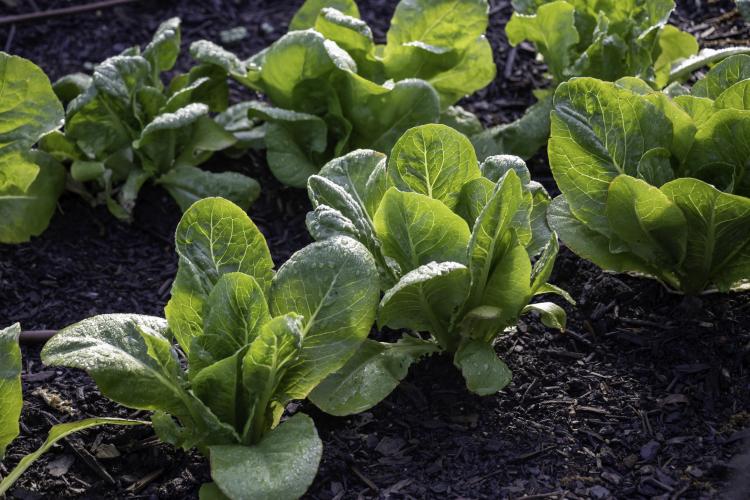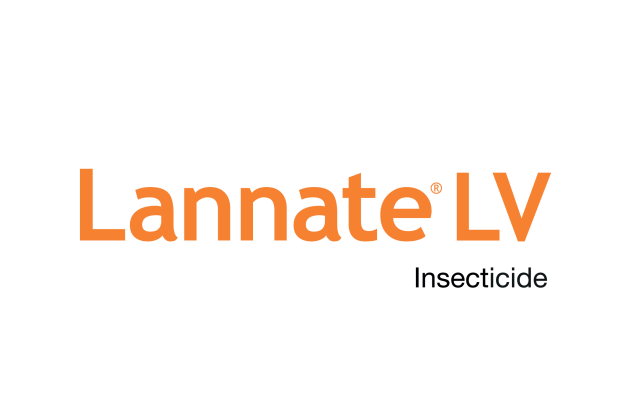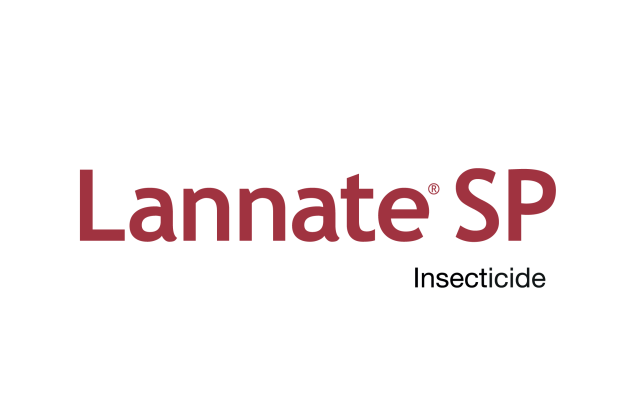
Control Aphids and Thrips as an INSV Vector with Lannate

Impatiens necrotic spot virus (INSV) is a highly destructive virus that affects a wide range of plants, including vegetables, ornamental plants, and fruit trees. The virus is transmitted by aphids and thrips, which feed on the plants and transmit the virus through their saliva. Once infected, the plants show symptoms such as necrotic spots on the leaves, stunted growth, and even death. To control INSV, it is crucial to control the aphid and thrip vectors, which is why the use of insecticides such as Lannate® has become a popular method of controlling INSV.
Lannate is a carbamate insecticide that acts on the nervous system of insects, causing paralysis and death. It is highly effective against aphids and thrips, which are the main vectors of INSV. The insecticide is available in various formulations, including granules, liquid concentrates, and wettable powders, making it easy to apply to different crops.
When using Lannate to control aphids and thrips, it is important to follow the instructions on the label carefully. The application rate and frequency will depend on the crop being treated, the severity of the infestation, and the weather conditions. In general, it is best to apply the insecticide early in the season before pests have a chance to establish themselves.
In addition to using insecticides, there are other measures that can be taken to control pests and reduce the spread of INSV. These include crop rotation, removal of infected plants, and the use of reflective mulches that repel aphids and thrips. The use of sticky traps can also help to monitor aphid populations and reduce their numbers.
Why is Lannate effective against aphids and thrips in lettuce?
Quick knockdown: Lannate has a fast-acting mode of action, which allows it to provide quick knockdown of aphid and thrip populations in lettuce. This helps to prevent pests from spreading and causing further damage to the crop.
Broad-spectrum activity: Lannate is known for its broad-spectrum activity, which means that it is effective against a wide range of pests, including aphids, thrips, and other common pests of lettuce. This makes it a versatile choice for overall pest management in lettuce.
Flexible application: Lannate is available in different formulations, allowing for flexible application options depending on the specific needs and preferences of farmers. It can be applied as a foliar spray or as part of a tank mix with other compatible pesticides, making it compatible with various farming practices.
Reliable performance: Lannate has been used for many years by farmers around the world and has a proven track record of reliable performance in controlling common pests in lettuce. It is widely trusted by farmers as an effective tool for control of aphids, thrips and other common pests and ensuring healthy yields of lettuce.
Efficacy against multiple stages of aphids, thrips, and other pests: Lannate is effective against larvae, nymphs, and adults pests. Lannate also controls eggs by direct contact.
Resistance management tool: As a carbamate, Lannate can be used very effectively in resistance management programs with other insecticides that have a different modes of action. Some aphids and thrips have already developed resistance to the newest insecticides on the market, reinforcing the vital need to follow sound resistance management practices.
Translaminar activity: The active ingredient in Lannate, methomyl, has the ability to move from one side of the leaf to the other, making it especially suitable to use against insects that are predominantly feeding on one side of the leaf. This ability takes away the need to apply the product in a high-water volume that ensures a complete coverage of the plant surfaces.
Short residual and pre-harvest interval: Lannate does not persist in plant tissue or soil or accumulate in the environment. This makes Lannate an ideal product to apply close to the end of life cycle of lettuce and other crops. Any crop can be planted after harvesting lettuce without concern of damage.
In summary
Controlling the vector of INSV, which is aphids and thrips, is an effective method for controlling the spread of the virus. Lannate is a highly effective insecticide that can be used to control aphids and thrips. Combining insecticide use with other control measures, increases chances of success in reducing spread of INSV and protecting crops from this devastating virus.


